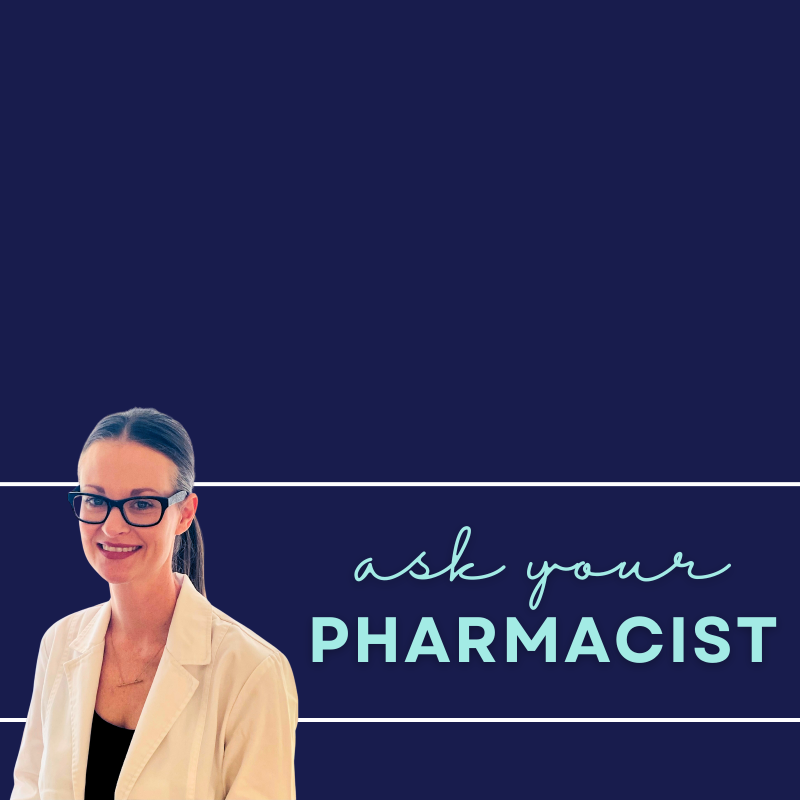
Q: With all the holiday parties coming up, what’s the best way to remedy a hangover?
Hangover symptoms typically begin as your blood alcohol level drops back towards zero. After an evening of drinking these symptoms are usually in full effect in the morning when you wake up and can last up to 24 hours. You may experience a pounding headache, shaky hands and an increased heart rate that is also accompanied by light sensitivity, dizziness, nausea, vomiting and extreme thirst.
Consuming too much alcohol causes these symptoms because alcohol dehydrates our body and causes stomach distress and inflammation. How much alcohol it takes to cause a hangover can vary from person to person. There is no magic cure for a hangover, but following these few tips may help you to prevent or at least minimize the symptoms of one.
Never drink on an empty stomach. Always have a meal before your first drink and continue to snack as the night goes on. Alcohol gets absorbed in our intestines right below our stomach. When there is food in the stomach alcohol will get diluted by the food and the gastric juices that the stomach secretes to help breakdown our food.
Food will also slow down the speed at which alcohol can reach the intestines. If your stomach is empty, the alcohol can very quickly pass through your stomach undiluted and into your intestines which raises your blood alcohol level at a faster pace. Having food in your stomach will also help to protect the lining of your stomach from the irritation that alcohol causes and may reduce the risk of you experiencing abdominal pain, nausea and vomiting.
Alcohol also causes your blood sugar levels to drop hours after you have finished drinking which can lead to weakness, shakiness and mood disturbances so continuing to snack throughout the evening will help to keep your blood sugar levels elevated. Follow this up with a light breakfast in the morning.
Stay hydrated with water and other non-alcoholic beverages. Consuming alcohol causes our body to produce more urine and this leads to a loss of fluid, vitamins and minerals which causes dehydration. Dehydration is responsible for the feelings of extreme thirst, light-headedness and headache you experience the morning after drinking.
It is a good idea to limit yourself to one alcoholic drink per hour and to have a non-alcoholic drink in between to combat dehydration and reduce stomach irritation. If you are feeling the effects of dehydration in the morning it is important to consume water and an electrolyte containing beverage to help replenish the fluids, vitamins and minerals you have lost.
Try choosing a beer, wine or spirit with fewer chemical additives. Manufacturers add chemicals to alcohol to change the flavour and improve the taste, and to extend the shelf-life of the products. Dark coloured beers and spirits tend to have more chemical additives known as congeners and they are more likely to cause hangovers. Sticking to light beers, clear liquors and white wine may help to reduce the risk of experiencing hangover symptoms especially if you keep your consumption to a minimum.
It is important to note that certain medications do not mix well with alcohol and can intensify the effects of alcohol, leaving you feeling especially awful the next day. If you are unsure if you should be drinking with the prescription and over-the-counter medications you take, have a chat with your pharmacist on the safest way to proceed when alcohol is involved. For people who over consume alcohol regularly, it may be best to avoid acetaminophen for the morning after headache as it could potentially be damaging to your liver.
If you are consuming alcohol this holiday season, be responsible and never get behind the wheel of your vehicle. Be watchful of others who have consumed too much alcohol as heavy consumption can put someone at risk of alcohol poisoning which can be a life-threatening condition. If a person is showing signs of mental confusion, vomiting, seizures, slow or irregular breathing, pale or bluish skin, low body temperature or is passed out and cannot be awakened call 911.
Erin Thompson (BSc, BScPharm) is a graduate of Dalhousie University and a community pharmacist practicing at Shoppers Drug Mart in Quispamsis N.B. Her opinions expressed in this column are published for educational and informational purposes only, and are not intended as a diagnosis, treatment or as a substitute for professional medical advice, diagnosis or treatment.